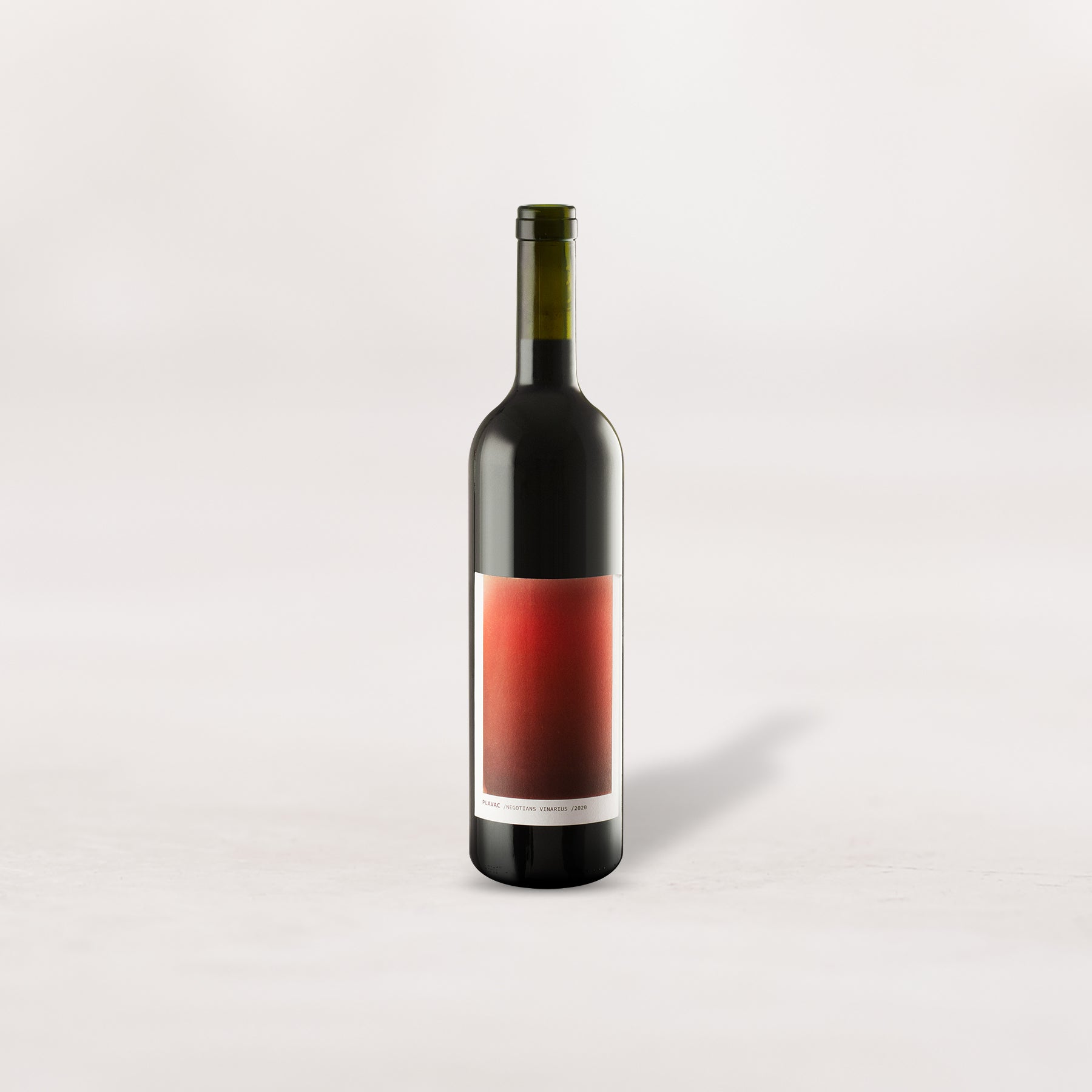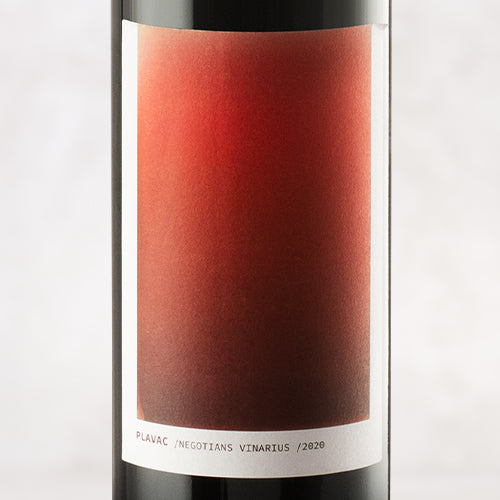If you haven’t got the memo yet, here it is again: We love island wines! And we’re pretty sure you do, too. But today’s bonus discovery definitely threw us for a loop, and it has an interesting connection to our feature this morning to boot. But first things first: when this wine hit the SommSelect tasting table, we all thought we knew the drill with Plavac Mali, a.k.a. Croatia’s most widely planted grape. Negotians Vinarius proved us very wrong. Sourced from Korčula, a small island off the southern Dalmatian coast, the energy, vibrancy, and sheer drinkability of this red blew us all away. We actually didn’t realize it was a true island wine at first, but that knowledge confirmed what was in our glasses. And then we heard the story! This is an organically farmed, teensy-tiny-production labor of love. And we do mean tiny: The total amount of this wine, in this vintage, was just a few dozen cases, less than a pallet full. That’s it. Somehow we managed to secure just enough to offer you this truly distinct, truly delicious obscurity, but we expect it to be gone in a blink of an eye!
Plavac Mali, which translates as “little blue,” is the most widely planted red variety in Croatia. Originally thought to be the genetic equivalent of Zinfandel, it is now known that this is actually an old hybrid made by crossing Dobračić with Crljenak Kaštelanski, which itself is now confirmed to be the actual ancestral parent of Zinfandel. Much like its American cousin, Plavac Mali is notorious for bunches that ripen unevenly, with clusters containing overripe berries, perfectly ripe berries, and green berries all at the same time. This makes farming and harvesting crucial: Pick too late and you will have a jammy, raisiny wine; too early and green, underripe notes might dominate. For Petar Marinović though, the right time to pick is pure intuition, and based on the wine he seems to have nailed it on the head.
Marinović and his family have been farming a variety of crops, including wine grapes, near the village of Blato, on the picturesque island of Korčula, off the southern Dalmatian coast of Croatia, for several decades. This was a sort of second career for Petar, and he was not looking to profit, just to enjoy the fruits of his labor. Blato translates literally as “mud,” and refers to a natural floodplain nearby. The rich, mineral-laden soils are perfect for growing olives, figs, and grapes, and that is exactly what Petar has been doing for years. Everything was meant for consumption and shared among family and friends, with the extra grapes each harvest being sold to the local cooperative. And that likely would be the case today if it were not for Marko Kovač.
Marko is a tireless promoter of organic farming and natural winemaking. He’s known best for creating the largest, most important natural wine fair for Eastern and Central European wines, “Karakterre.” But he’s also continuously on the hunt for tiny growers in far-flung outposts who just need a little help to get their wines out of the garage and into the hands of wine lovers thousands of miles away. Marko, of course, only works with organic farmers, and so when he chanced upon the Marinović farm he knew that he found a kindred spirit in Petar. After working a harvest together the partnership was struck, and Marko added the wines to his Negotians Vinarius label. The name refers to the ancient Roman wine merchants who would discover hidden gems and bring them back to the thirsty hordes.
Winemaking is, not surprisingly, very hands off. The Plavac Mali bunches are macerated for three days before being foot trodden and then pressed with an old basket press. The juices ferments with native yeasts in small, steel tanks and then rests in those same tanks for about a year before being bottled without fining or filtration. The only thing that Marko updated to this process was adding small amounts of sulfur during bottling to ensure the wine would taste as fresh as it does on Korčula when it reaches its destination—which in our case was the tasting table in Sonoma! Serve this wild, yet elegant, beauty in a Bordeaux stem at a cool 58-60 degrees after a brief decant and you’ll get a full spectrum of black cherries, wild strawberries, barely ripe figs, sage, lavender, spicebox, cinnamon, espresso, cocoa powder, and hints of black pepper. The body is medium-full, with a deep, garnet hue that goes slightly pink at the rim. Pair it with the same types of food as you would an old school Zinfandel, such as Santa Maria BBQ or steakhouse burgers, or go traditional with a lamp Peka, roasted in cast iron over a fire, just like they do in Croatia!











